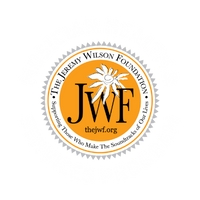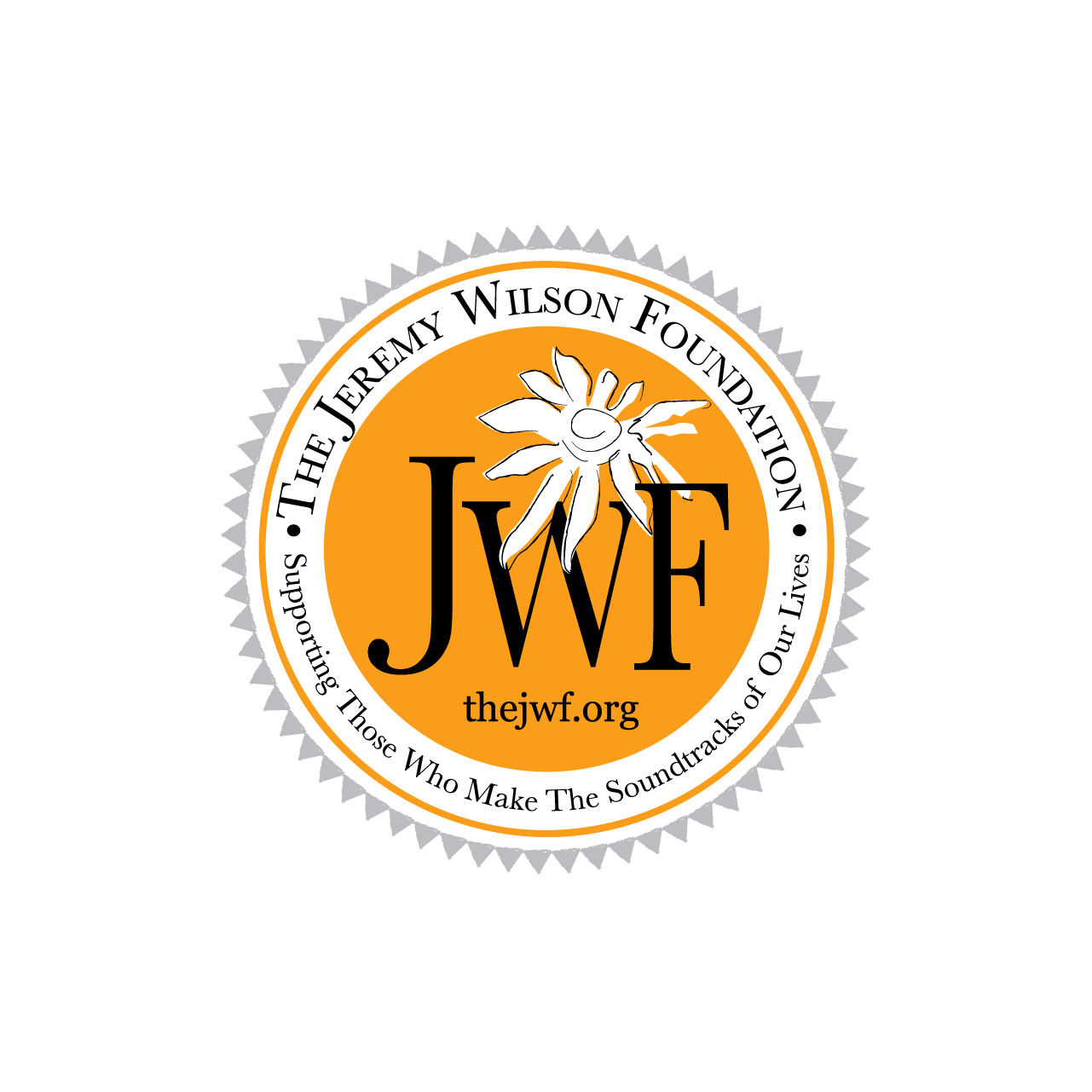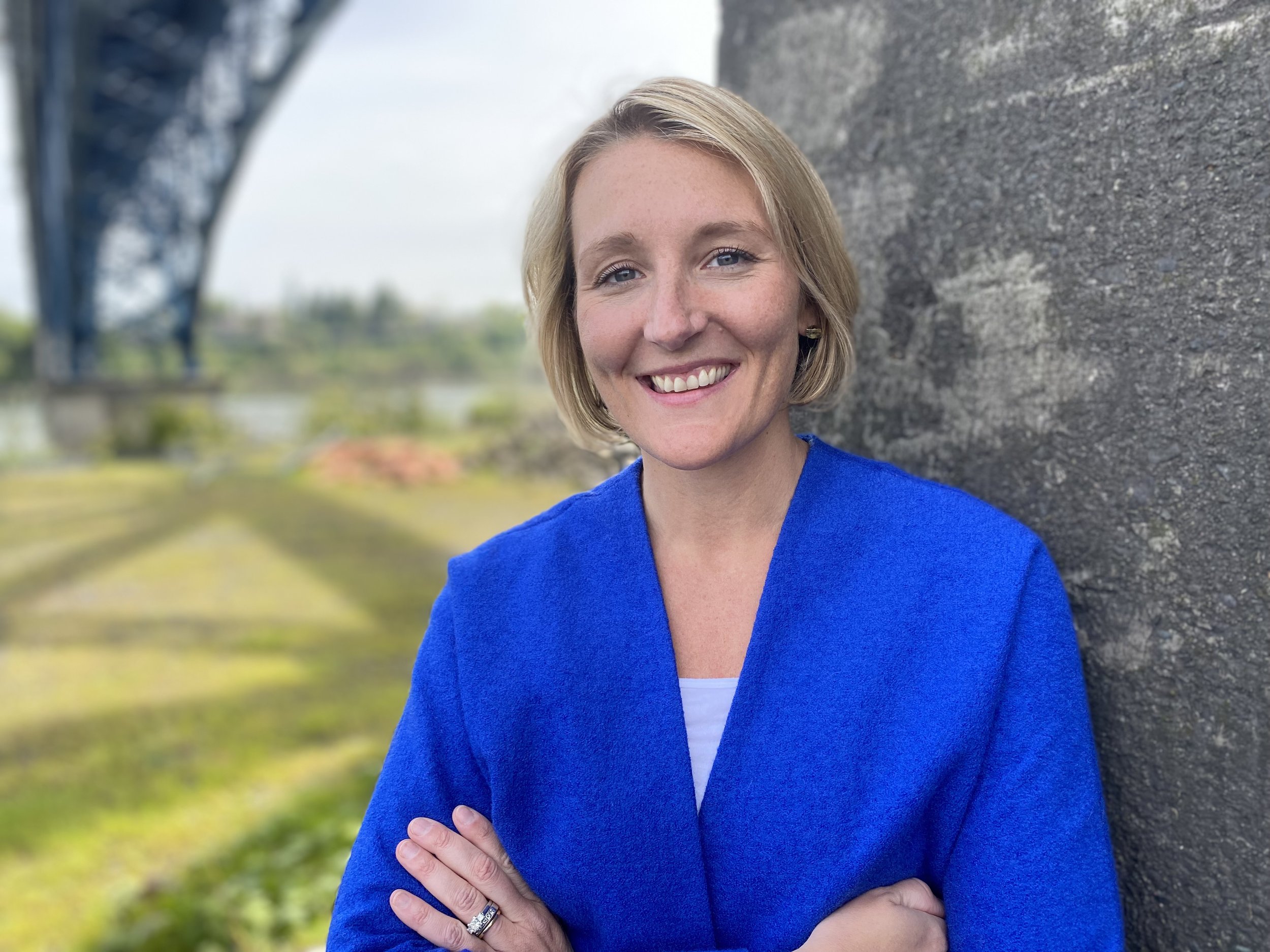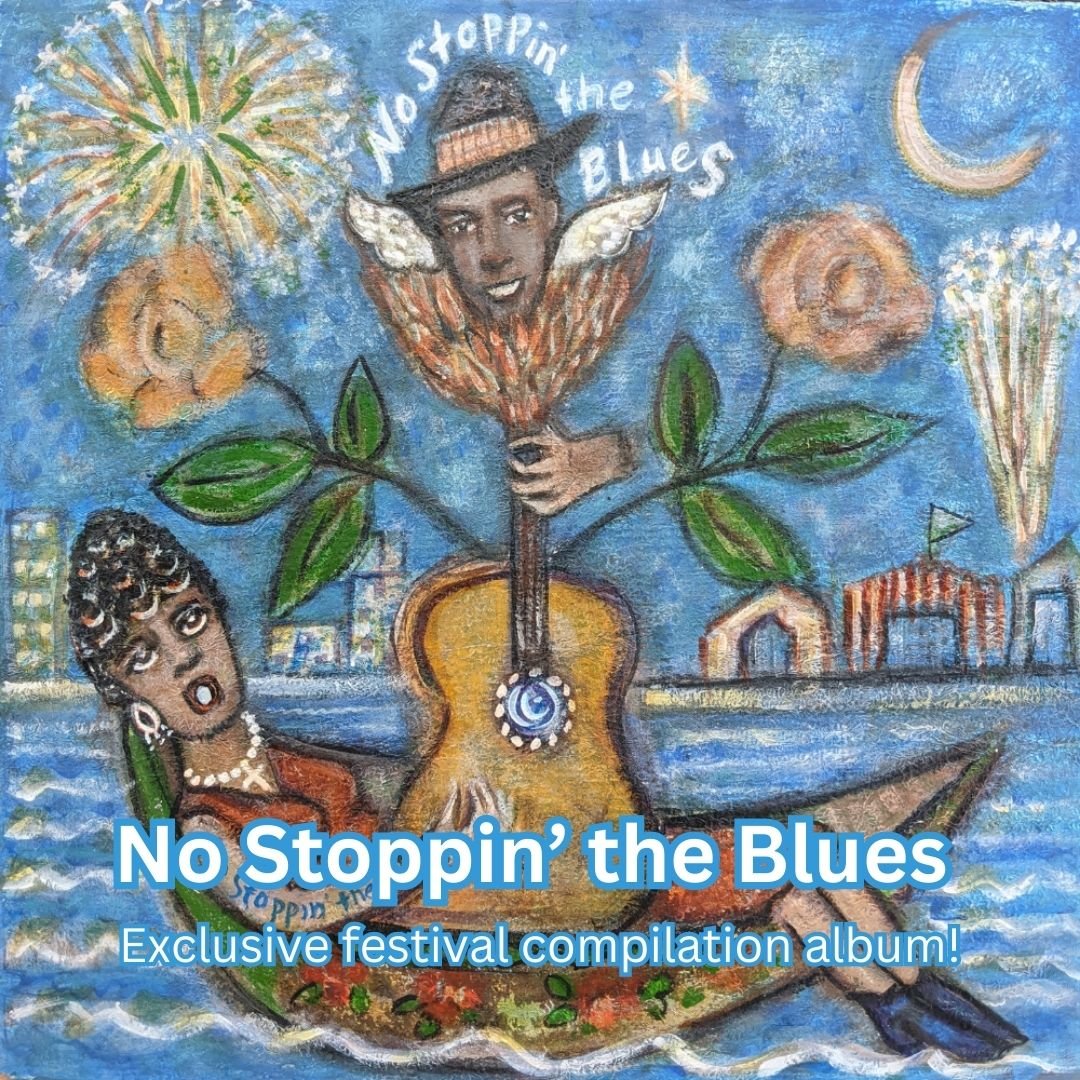Blues Fest Cares: a partnership from the heart of Portland
Since 2021, the Waterfront Blues Festival has included the JWF Musician Health & Services Program as one of two organizations benefiting from the Blues Fest Cares program. Christina Fuller, event organizer, told us why the festival and the foundation are such a great fit.
By Claire Levine
Even over a computer monitor, it’s apparent that Christina Fuller is her own little power production station. She generates enough personal, dynamic energy to power the Waterfront Blues Festival, without help from wind or solar.
The co-owner of Fuller Events told The JWF about taking on management of the iconic Portland festival and selecting The Musician Health & Services Program, along with Meals on Wheels People as a beneficiary of its charitable program.
In 1987, The Cascade Blues Association started a music festival over July 4th weekend. In 1988, the festival adopted its current name, The Waterfront Blues Festival, and began its long-time support of the Oregon Food Bank. For many subsequent years, the food bank promoted the huge festival itself.
But before the 2018 festival, the Oregon Food Bank decided to redirect its focus. Christina said, “It made sense to us that a food bank didn’t want to be in the rock ‘n roll business.” So, when Fuller Events was offered the chance to take over the event, they agreed to take it on.
It also made sense to Christina and her partner, Tyler Fuller, to continue the event’s philanthropic focus. In 2021, the Fullers announced the new community partners for the festival’s Blues Fest Cares program would be the JWF Musician Health & Services Program and Meals on Wheels People. The partnership was launched at a scaled-back Covid version of the festival, held at Zidell Yards.
Christina said, “The festival has really been rooted in the local community. One thread has been tied to hunger relief through its partnership with the Oregon Food Bank.
“But it also has been an amazing platform for local and regional musicians, and it really has become a big, big part of the identity of the local blues scene. It’s a family reunion of musicians who come back every July,” she said.
The festival has “always relied on and uplifted our musicians through hiring them and giving them a wonderful professional opportunity, a stage, a platform.” But, she said, “the pandemic provided clarity into a lot of things for a lot of folks – how vulnerable a lot of populations are and how precious a lot of things that we may all take for granted may be – like music festivals, like community events, like gig workers and musicians.
“So,” Christina said, “when we learned about how and what The JWF does, it seemed we had an amazing opportunity to help tell their story. We would use the platform of the Blues Festival that's been around for 36 years – and the voice and the connections and the audience – to help the foundation's work.”
They wanted to send the message: “Hey, the foundation is here supporting our musicians, which are the lifeblood of the festival. And we're all here collectively trying to do a good thing for our neighbors and our musicians and music industry folks.” Christina said the foundation’s Musician Health & Services Program provides a vital lifeline to musicians facing health challenges through financial aid and support and resources.
When it came to choosing which organizations to partner with, Christina said, “Yes, there are amazing nonprofits focusing on music in our area and beyond. But I think we were really connected by how resourceful the JWF is – really scrappy in its way of putting things together. And that's how the festival started: just a group of people who cared.”
Christina said, “Everyone at the festival has one thing in common – and it’s frankly amazing to get an audience that big who all have something in common. We all love music! And behind the musician is an audio engineer and a stagehand and others.
“Music is a kind of a common love language, and we want our industry and the people in the industry to be thriving. If that means lifting up organizations like the JWF to make sure there are resources and avenues for their support -- our fans will be all in.”
This year’s Waterfront Blues Festival runs from July 1 through July 4, and it’s back at Waterfront Park. Some special ways to enjoy the festival this year and support The JWF are:
Sail on Sister, A Blues Fest Cares Cruise benefiting The JWF Musician Health & Services Program Get your tickets now.
Stop by The JWF’s Musician Health & Services tent. Check out the “Meet and Greet” schedule, and download No Stoppin’ the Blues, an exclusive JWFmusic.org festival compilation album celebrating fifteen Oregon-based artists and bands performing at the 36th annual Portland Waterfront Blues Festival!
Download the album now to hear songs from Ural Thomas & The Pain, Terry Robb, Mary Flower, Lloyd Jones, Andrew Matthews Band, Jujuba, Bayou Boyz, River City Riot! Brass Band, Soul Vaccination, The Strange Tones, Tevis Hodge Jr., Northwest Bone Gang, Sister Mercy, Rae Gordon & Friends, and Johnny Wheels & the Swamp Donkeys.




